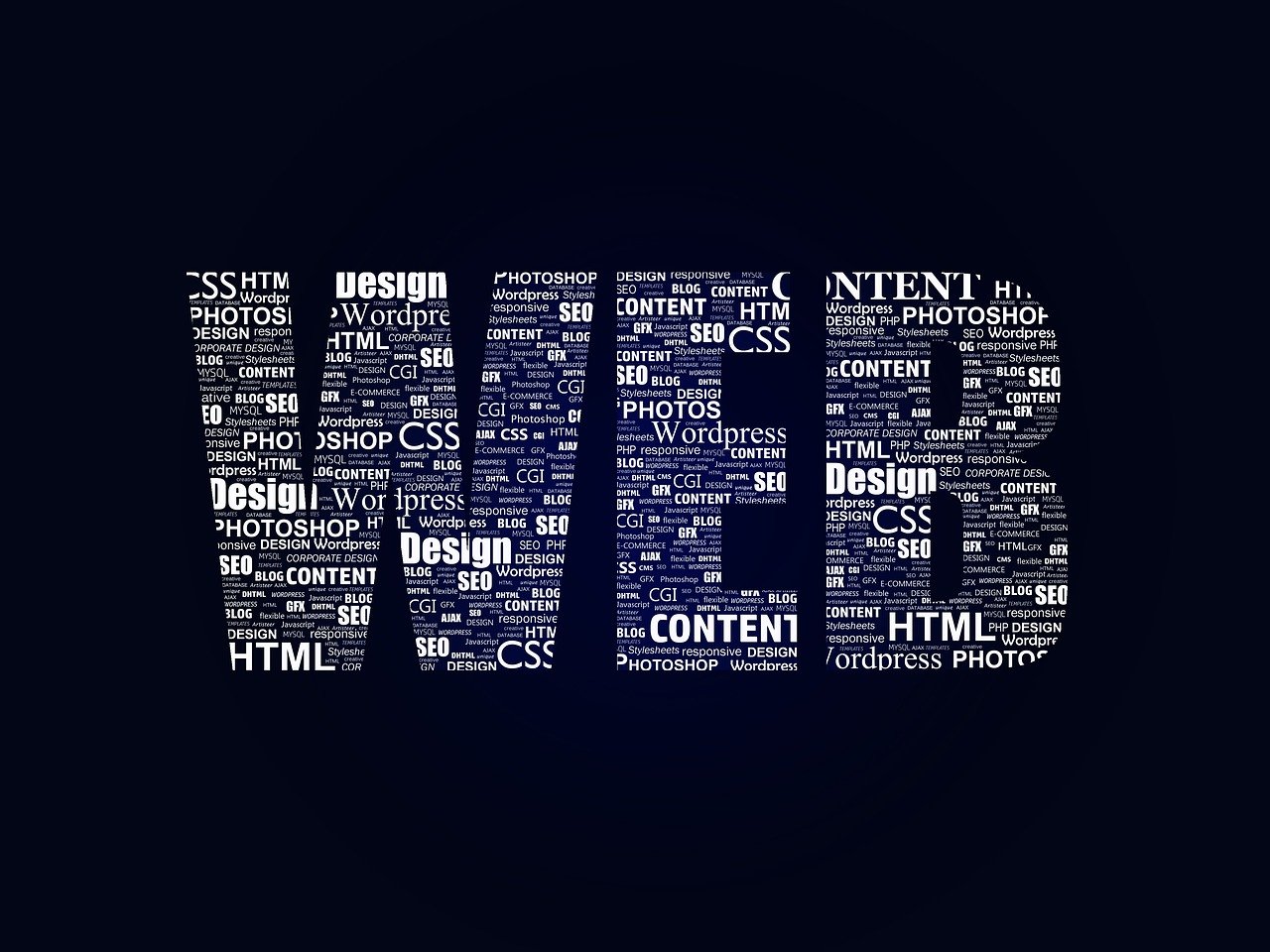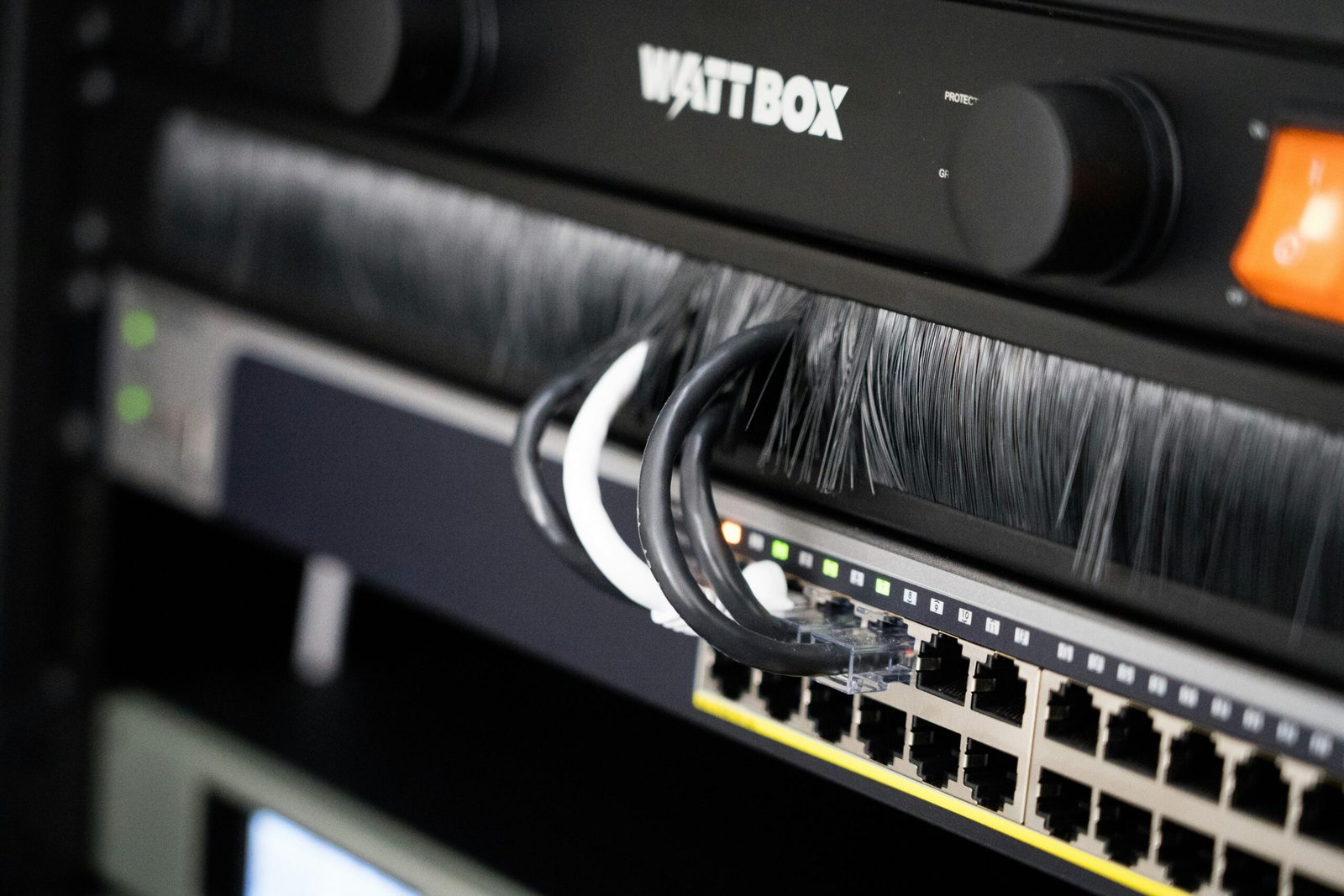Have you ever wondered which is the better solution for your website: Wix or traditional web hosting? With so many options available, picking the right platform can feel like a monumental decision. Each method presents a unique set of opportunities and challenges, and understanding the differences can help you make an informed choice tailored to your specific needs.
What is Wix?
Overview of Wix
Wix is a user-friendly website builder designed for those who may not have technical expertise in web development. Known for its drag-and-drop interface, Wix enables you to construct websites visually, allowing you to see the changes as you make them. It offers a comprehensive package that includes hosting, domain registration, and other features crucial for operating a successful website.
Advantages of Using Wix
One of the key strengths of Wix is its simplicity. It’s crafted to cater to beginners, offering an intuitive platform where you can create a website without needing to know HTML or CSS. Additionally, Wix provides a variety of templates that cater to different industries. This means you can create a professional-looking website in a relatively short amount of time. Furthermore, Wix offers various apps and integrations to enhance the functionality of your site.
Limitations of Using Wix
While Wix is incredibly convenient for beginners, it does come with limitations. Customization beyond the provided templates can be restrictive, often limiting your ability to fully tailor the site to your liking. Also, once you select a template, switching to another template later on requires a site rebuild. In addition, Wix sites are hosted on Wix’s servers, which means you relinquish some control over server management, performance optimization, and security beyond what is provided by Wix.

This image is property of pixabay.com.
Understanding Web Hosting
What is Web Hosting?
Web hosting is a service that allows individuals and organizations to make their websites accessible on the internet. When you opt for web hosting, you rent server space where your website will reside. Hosts provide different levels of control and customization, allowing you to choose the hardware, operating systems, and software that suit your website’s needs.
Types of Web Hosting
There are several types of web hosting available:
-
Shared Hosting: This is the most economical option, where multiple websites share a single server. It’s suitable for small websites with low traffic but can have limitations in terms of speed and reliability.
-
VPS Hosting: Virtual Private Server (VPS) hosting provides more resources and control compared to shared hosting, making it ideal for growing websites needing higher performance and custom server configurations.
-
Dedicated Hosting: This offers an entire server for your exclusive use, providing maximum control, performance, and security. It’s perfect for large businesses with heavy-traffic websites.
-
Cloud Hosting: Utilizing a network of servers, cloud hosting offers scalability and reliability by distributing resources as needed across various servers.
Pros and Cons of Web Hosting
The primary benefit of traditional web hosting is flexibility. You can choose your technology stack, optimize your server environment, and have greater control over security measures. This level of control is particularly valuable for businesses with specific technical requirements or high security and traffic demands. However, these benefits come with increased complexity and responsibility. Managing a web hosting environment requires a solid understanding of web technologies, server management, and potential troubleshooting.

This image is property of pixabay.com.
Comparing Wix and Web Hosting
Cost Considerations
Cost is a significant factor in choosing between Wix and traditional web hosting. Wix offers straightforward pricing with packages that include hosting, domain registration, and other features bundled together. This can make budgeting simple for those who want an all-inclusive solution. Conversely, traditional web hosting may have varying costs depending on the features you select, such as server type, maintenance, and additional services. Let’s compare these costs in a table:
| Feature | Wix | Traditional Web Hosting |
|---|---|---|
| Entry Cost | Monthly subscription at various tiers | Varies based on provider and features |
| Domain Registration | Included in some packages | Separate or included based on host |
| Maintenance & Upgrades | Handled by Wix | Typically handled by you or web host |
| Additional Features | Included with higher tiers | Add-ons may incur extra costs |
Customization Capabilities
When it comes to customization, traditional web hosting offers more opportunities. With full control over your server environment, you can run specific scripts, access databases directly, and customize any aspect of your site’s backend. Wix, while offering significant design flexibility, is limited by its templated approach. The challenge for many is balancing the advanced capabilities of traditional hosting with the ease of use that Wix offers.
Performance and Reliability
Wix and traditional web hosting platforms each have strengths in terms of performance and reliability, but they cater to different needs. Wix ensures reliability with a team maintaining their server infrastructure, but this is offset by a shared environment across many users. Traditional hosting allows for more substantial performance optimization, especially with VPS or dedicated servers, but requires proactive management for reliability and uptime.

This image is property of images.unsplash.com.
Security Considerations
Wix Security Features
Wix offers a suite of essential security measures suitable for most websites. This includes SSL certificates, data backups, and protection against common web vulnerabilities. While Wix continually updates their security protocols, you must rely on their implementation and updates.
Web Hosting Security
With traditional web hosting, particularly in VPS or dedicated environments, you are responsible for implementing security measures. This allows for custom solutions tailored to your requirements, such as firewalls, encryption, and regular security audits. However, this also means you must stay informed about security best practices and potential threats.

This image is property of images.unsplash.com.
Finding the Right Solution for You
Assessing Your Needs
Determining which option is best for you starts with understanding your needs. Ask yourself questions like: What is the primary purpose of my site? How much traffic do I expect? What level of control do I need? By clearly defining these parameters, you can better decide which solution aligns with your vision and goals.
Factors Influencing the Decision
Consider factors such as your budget, technical expertise, and desired level of control. If simplicity and ease of use are your main priorities, and you prefer an all-in-one package, Wix might be more suitable. If you anticipate growth, have specific technical requirements, or need more flexibility, traditional web hosting might be a better fit.
Case Scenarios
-
Small Business or Personal Site: If ease of use and a fast launch time are priorities, Wix offers a streamlined process suitable for small businesses or personal projects.
-
Growing Business with Technical Resources: A business planning for expansion, with access to technical resources, may benefit from the flexibility and scalability offered by traditional web hosting solutions.
-
Enterprise-Level Needs: For companies demanding high-level customization, security, and performance, investing in dedicated or cloud hosting provides the necessary infrastructure.
Conclusion
Choosing between Wix and traditional web hosting ultimately depends on your specific needs and circumstances. Each has unique strengths and considerations, from the simplicity of an all-in-one platform like Wix to the robust, customizable environment offered by traditional hosting. By aligning your choice with your needs, goals, and resources, you can ensure that your website is not only functional but equipped to grow with your aspirations.

This image is property of pixabay.com.

